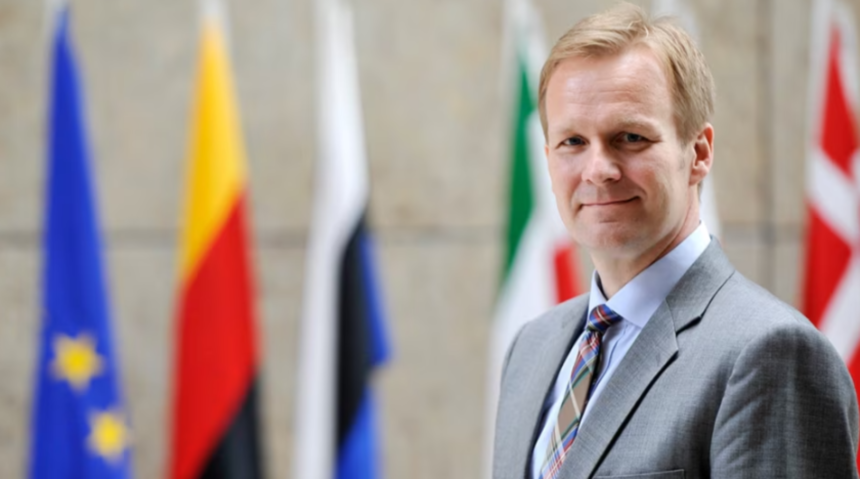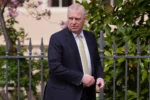For the first time in five years, negotiations between Kosovo and Serbia will no longer be mediated by Miroslav Lajčak. The European Union has decided to appoint a new envoy for the dialogue, Peter Sorensen.
Officially, he started his work on February 1st and will focus solely on the dialogue between the two neighboring countries, rather than on broader regional issues in the Balkans, as his predecessor did.
Slovenian Foreign Minister Tanja Fajon said recently that the appointment of Sorensen sends a message that dialogue remains high on the European Union’s agenda.
It seems that the real success in the dialogue will depend on the pressure and energy exerted by the major EU countries on the process, particularly Germany and France.
However, both are currently facing internal political crises, and as a result, Sorensen may not have the political backing that he might have hoped for.
Nevertheless, one thing is certain: There will be no turning back from the commitments made by both Kosovo and Serbia, and they will need to work on implementing the previous agreements.
The agreement reached in 2023 in Brussels for normalizing relations, along with an annex for its implementation, is considered crucial for the way forward.
Another key factor for success in the dialogue is the involvement of the United States.
Typically, the U.S. envoy for the Western Balkans has offered support for this process.
This position is currently held by Alexander Kasanof, who has publicly urged both sides to fulfill all the commitments they have made.
Their obligations date back several years. The parties have been negotiating since 2011 and have reached a series of agreements, but not all have been implemented.
The EU often reminds both parties that progress in the dialogue process is linked to their path toward Euro-Atlantic integration.







